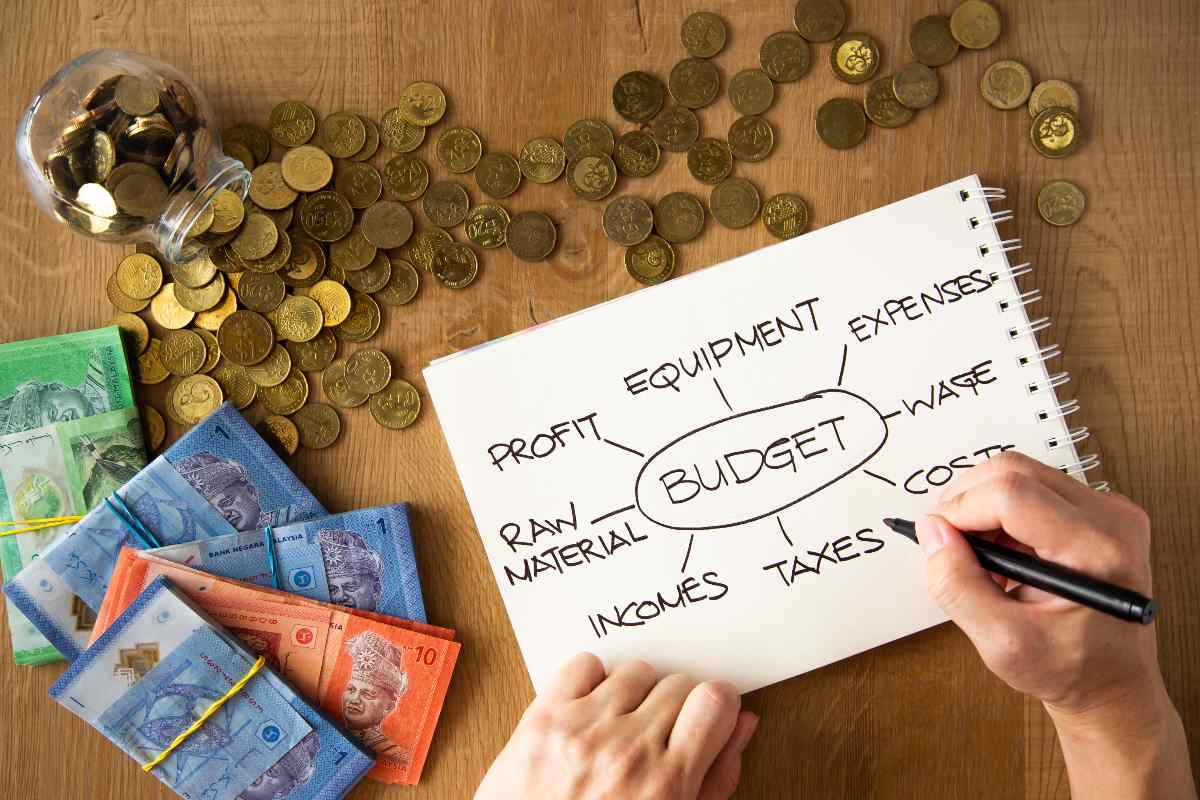
When it comes to budgeting, many people feel there is never enough money and are constantly struggling to make ends meet. The truth is that budgeting isn't tricky as long as you have a plan and stick to it! In this blog post, we'll outline the basics of budgeting for beginners and elaborate on how organizing your finances, you can be a step ahead in budgeting.
Monthly budgets can be extremely helpful when planning your finances and budgeting for the month ahead. By understanding and planning your monthly expenses, you can avoid impulse spending and save money in the long run. To schedule your budget, look at your monthly income and expenses to see where the most money is being spent. Once you know where the money is going each month, you can better allocate your resources more efficiently. This allows you to live a tighter life while maintaining a comfortable lifestyle. Moreover, going overboard and obsessing over every penny isn't necessary. Even with a healthy budgeting system, you can still make the most of your money by spending wisely.
For anyone, budgeting is an essential part of personal finance. However, for those new to the world of budgeting, it can be challenging to know where to start. By understanding the basic budgeting principles, you will be on your way to becoming a more disciplined and successful financial individual. When starting with budgets, it's essential to have realistic expectations and build upon these as you progress. This will allow you to set realistic goals and stay disciplined regarding your spending habits. With budgeting, it can be a hit or a miss; if you stick to the basics and make a plan, it can be much easier to achieve long-term financial success.
Budgeting can be a hassle as there isn't one way of approaching it, as everyone's needs and budgeting styles are different. However, using a budgeting tool can help you become more conscious of your spending habits and make better choices when it comes to expenses. Budgeting apps and tools were created to help you save money, track your spending and live a more budget-friendly life. There are many different budgeting tools on the market today, so it is essential that you do your research and find the best one for your needs.
Unfortunately, we've all fallen prey to the latter than the former regarding budgeting. Many of us spend money, and whatever's left in our budget is reserved for savings. However, this isn't the best way to approach budgeting, as spending first and saving later will spiral down your budget and take much longer to achieve financial stability. A better way to approach budgeting is to start by saving money and use this money towards expenses that you know you will need in the future, such as your emergency fund or savings goals. This will help keep your spending under control and give you a much-needed cushion regarding unexpected costs.
When it comes to personal finances, budgeting is essential for two reasons. First, it helps you stay on track and avoid overspending. Second, budgeting allows you to target your spending towards the things that are most important to you. By setting specific financial goals and sticking to them, you can ensure that your money goes where it will have the most significant impact. In addition, you can start saving money from the beginning by understanding the basic principles of budgeting and using the right tools.